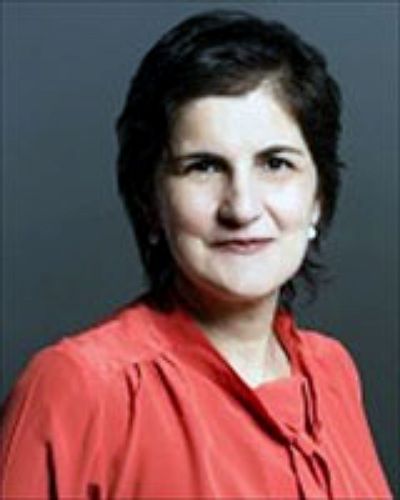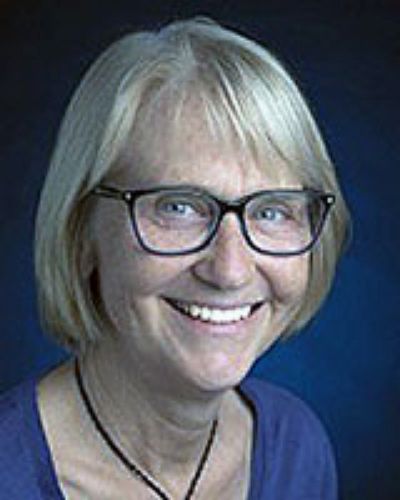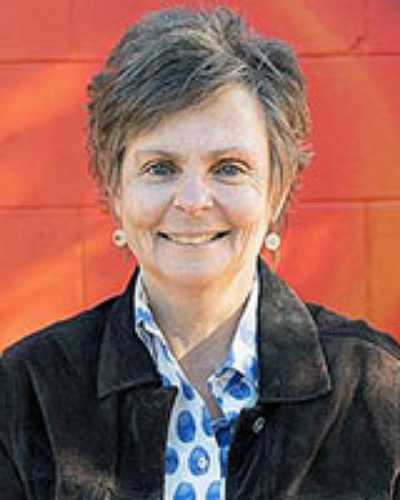Now published, see the full article 
Early Abstract:
Introduction: Unpaid carers play a crucial role in supporting older people with cognitive impairment and disability, but their own health and wellbeing is often impacted in this role. There are limited data on how carer strain, depression, and empowerment may be improved for carers.
Methods: This was a cluster randomised controlled trial to compare the effect of a carer support program developed with a community-based participatory action research (PAR) approach to the delivery of information sessions to 100 carers of people aged ≥45 years living in 4 remote Aboriginal communities in Western Australia.
Results: The mean age of carers was 38.3±14.9 years, 76% were female, and 77% were children or grandchildren of the care recipient. Carer strain and empowerment measures did not change significantly between baseline and follow-up. A statistically significant decrease in depression scores was observed in the PAR group. However, decreases were observed in both the PAR and control groups, and the change in scores did not differ significantly between groups. Depression scores decreased most in those who had not attended high school. Overall, the proportion of participants meeting criteria for depression decreased from 18.8% at baseline to 8.3% at follow-up.
Conclusions: A carer support program was of equivocal benefit, although this research demonstrates that the wellbeing of carers in remote Aboriginal communities can potentially be markedly improved by outreach strategies.




